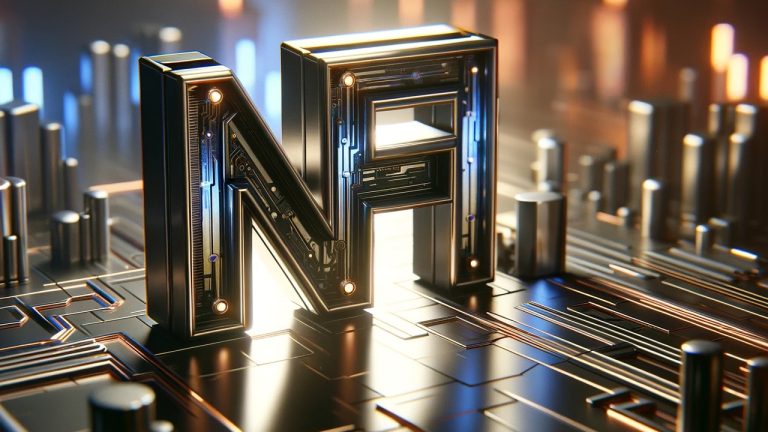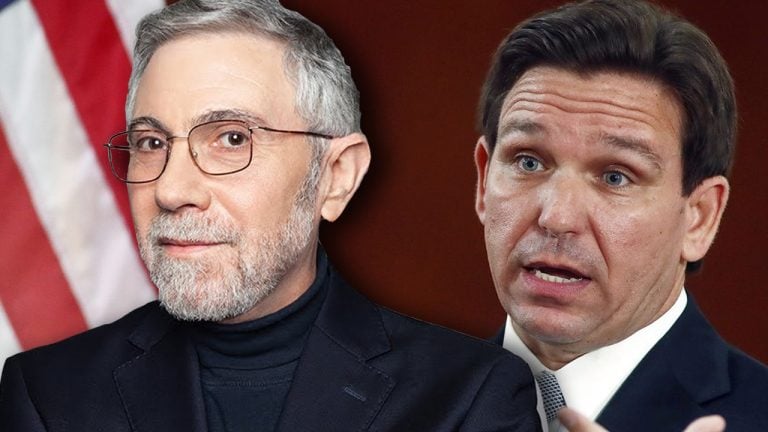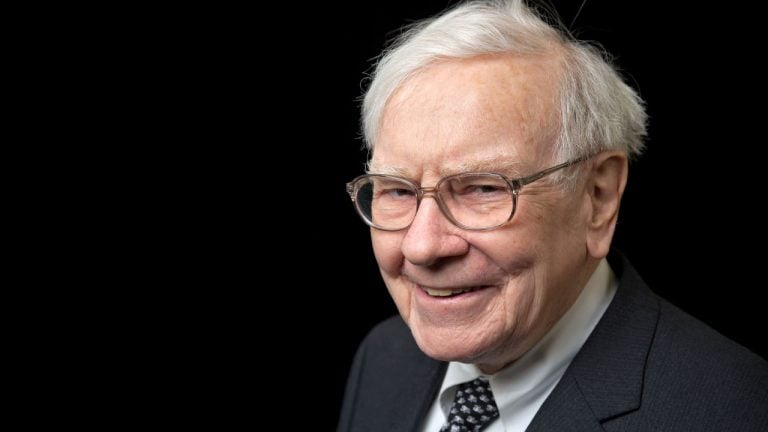
Hamster Kombat has 200 million players clicking their screens. But the game raises intriguing questions about play-to-earn gaming, growth hacking and universal basic income.
Hamster Kombat isn’t just another game. It’s a digital powerhouse driven by constant clicks, a quest for profit, and promises that exist only online. Since its launch on Telegram in March 2024, Hamster Kombat has skyrocketed in popularity, attracting over 200 million users.
The speed with which it gained players is perhaps most impressive. The Telegram-based game onboarded around 1.8 million players daily in the 77 days after it went live. It’s in-game mechanics have also led to its social media and YouTube channels breaking records.
Hamster Kombat embodies casual gaming—simple, accessible, and requires zero skill. These games are meant to kill time effortlessly. In Hamster Kombat, you can mindlessly click on the Hamster avatar to rack up coins.








